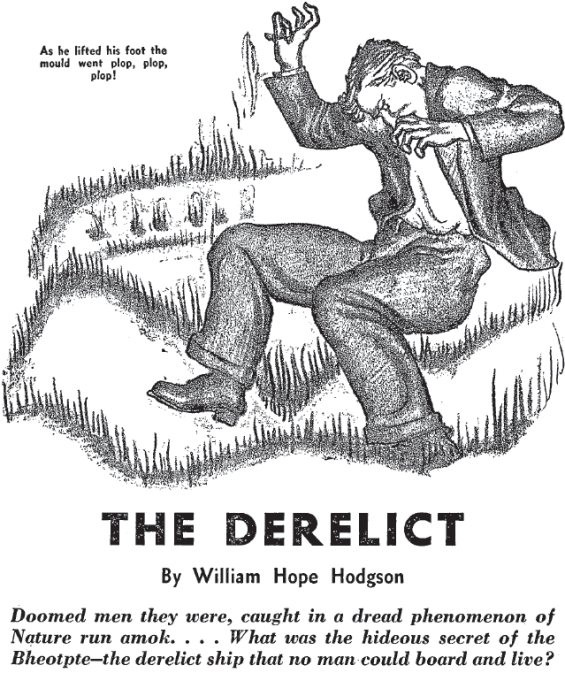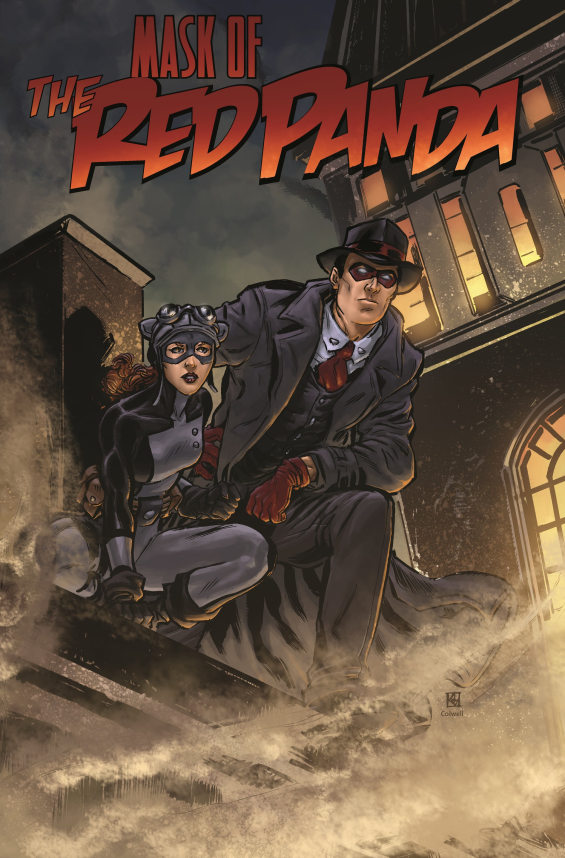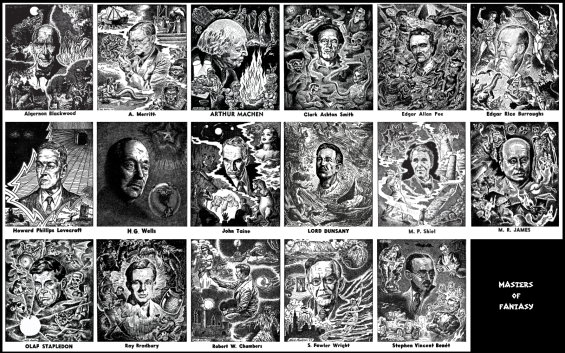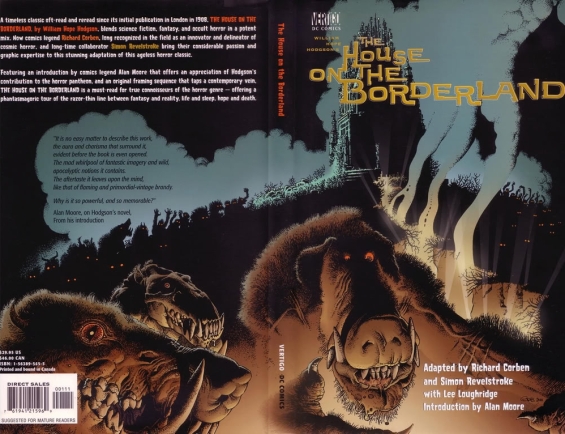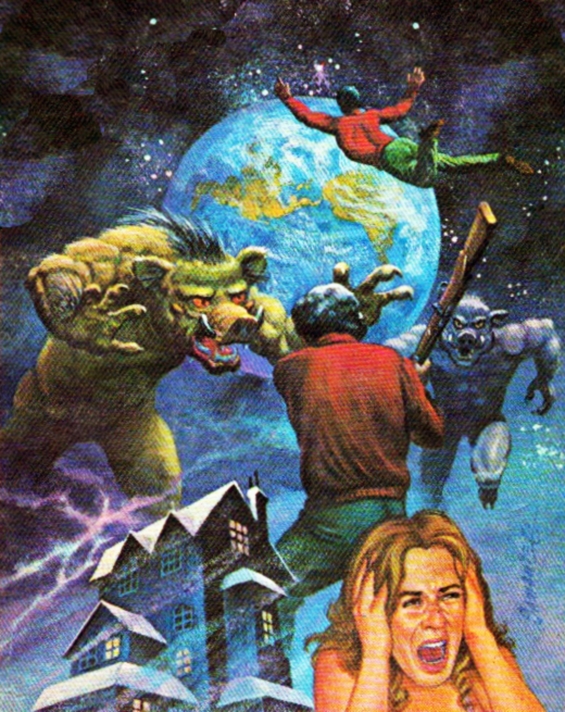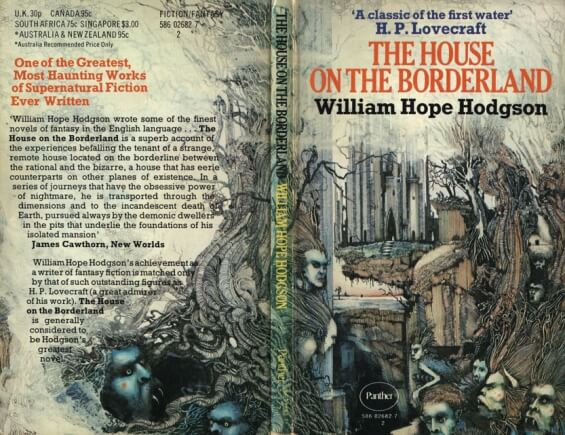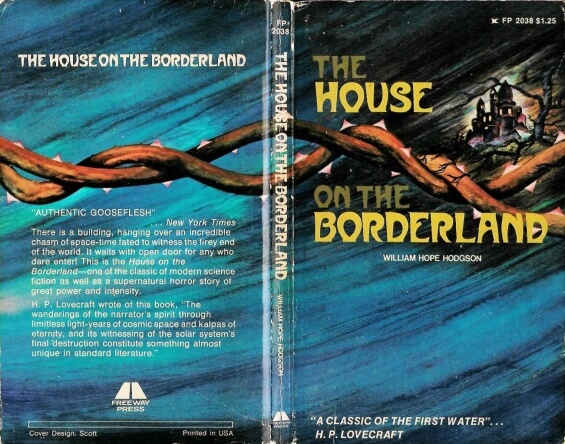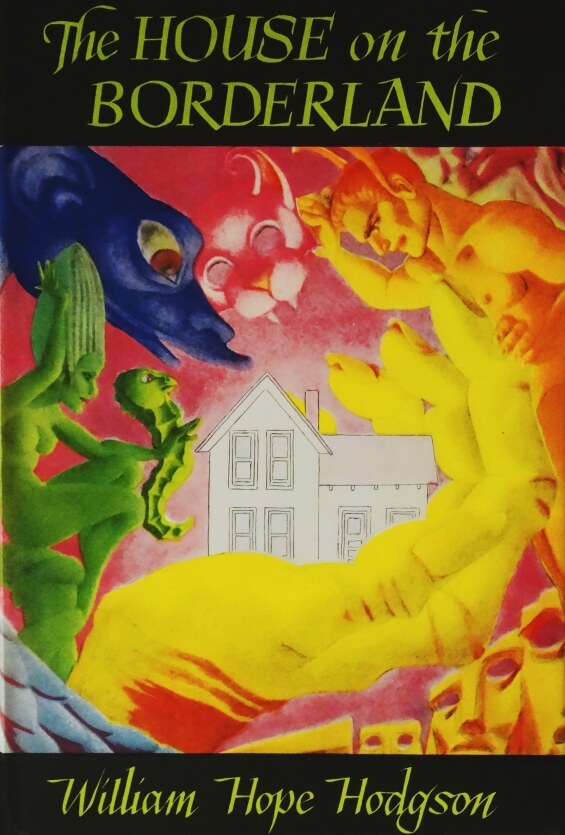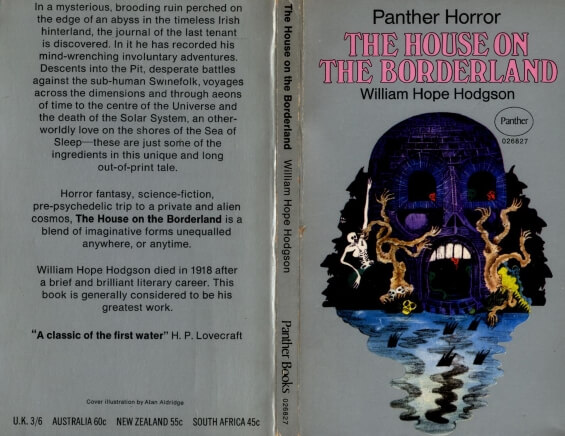
 The SFFaudio Podcast #240 – Jesse, Scott, Julie Davis, and Bryan Alexander discuss Frankenstein by Mary Shelley.
The SFFaudio Podcast #240 – Jesse, Scott, Julie Davis, and Bryan Alexander discuss Frankenstein by Mary Shelley.
Talked about on today’s show:
The 1818 edition versus the 1831 edition, the half-made up prologue, Leaves Of Grass, are there any body changes?, “the corpus”, Downpour.com’s version with Simon Templeman, Anthony Heald, Stefan Rudnicki, Frankenstein vs. the monster, creature, wretch, demon, insect, incoherent with rage, face to face, moving on, the fainting hero or heroine, swooning, Lovecraftian fainting, cosmic horror, Herbert West: Re-Animator, Young Frankenstein, Cool Air by H.P. Lovecraft, Edgar Allan Poe, M.R. James, becoming god, why are we reading a book by a teenager from almost 200 years ago, Edinborough, the broken reader, Sir Walter Scott, Ivanhoe, etymology, Paradise Lost, Gulliver’s Travels, Percy Shelley, William Shakespeare, Macbeth, Caliban, The Tempest, Science!, hey I’m killing your family and stuff, Spirits!, Russia, the Arctic, Prospero, Caliban the dogsbody, Sycorax, the pre-science world to the science world, Christopher Marlowe, “I’ll burn my books!”, the education of young Victor, religious swearing, Brian Aldiss, spark, the electrical element, Galvani and the frog’s legs, more chemical (than electrical), the Romantics, the heart of the the book, “the modern Prometheus”, nature, the North Pole, Siberia, Things As They Are; Or, The Adventures of Caleb Williams by William Godwin, berries and nuts, vegetarianism, the bringing of fire, The Wonderstick (the coming of the bow) “spooky action at a distance”, fire as technology, Eric S. Rabkin, fire -> knowledge -> enlightenment, the blasted oak, the family tree destroyed, this mortal clay, body stealing, Burke and Hare (are a lot of fun), ‘there are some things man was not meant to know’, a motherless monster, Young Frankenstein, what’s so cool about Young Frankenstein is that it solves the problems caused by previous movie adaptations, “Hey there handsome”, is the creature really hideous?, “a very Jewish movie”, “this is a boy that the world will love”, community, Victor had no Igor, Eyegor, or Fritz, well formed, euphemisms, dull yellow eye, proportionate limbs, is he veiny?, black and flowing hear, a pearly whiteness, a feminist novel, a misogynist fantasy, the framing narrative, males behaving badly, Gothic, gender coding, the curse of the Frankensteins, Frau Blücher, the Kenneth Branagh adaptation of Frankenstein, The Revolt Of Islam by Percy Bysshe Shelley, Justine (and the lack of justice she receives), Anne Rice, “I’m never going to sleep again”, the path of evil, Victor had a temper, the abnormal brain (Abbie someone), a “blank slate”, Henry Frankenstein, Young Frankenstein retcons the book and the 1931 movie (and the Hammer movies), Froderick Frankenstein, Boris Karloff, Transylvania Station, The Body Snatcher, Robert Louis Stevenson, The Black Cat (1934), Bela Lugosi, a movie from a parallel dimension, the perfect romantic character, the “noble savage” and the “blank slate”, flowery language and obfuscation, a baby story, that’s Science Fiction right there, an eight foot baby, how do we detect the world, what is light?, a blind man given sight, sphere vs. pyramid, Johann Wolfgang von Goethe, an urbane monster, the ideal syllabus, Mary Shelley is showing the heck off, Paradise Lost, The Sorrows Of Young Werther, suicide, Lives Of The Noble Greeks And Romans by Plutarch, Ruins Of Empires by Constantin-François de Volney, Frankenstein’s lab notes, Safie, the Ottoman Empire, Turkey as a proxy for European society, Olaf Stapledon, the hapless fate of the aboriginals of North America, Shelley’s hanging out with radicals, an anti-American dream, three years after the fall of Napoleon, Lord Byron, dreams, “how are we living with each other?”, Prometheus Unbound, The Last Man, Prometheus should be our hero, Harlan Ellison, Walton, Bryan’s dissertation was on Frankenstein, The Rime Of The Ancient Mariner, The Narrative Of Arthur Gordon Pym Of Nantucket, At The Mountain Of Madness, Star Trek, doppelgangers, doubles all the way down, perfectly symmetrical, The Prestige by Christopher Priest, Melmoth The Wanderer by Charles Maturin, The Saragossa Manuscript by Count Jan Potocki, the fire and ice, “in the cottage we are the monster”, lookism, when they see the monster, “as a lion rends the antelope”, Blade Runner‘s ending, all those murders, a child having a temper-tantrum, where you gonna get that wood?, standing on an ice-floe, Dante’s Inferno and the final circle of hell, Inferno by Larry Niven and Jerry Pournelle, Bryan reads Frankenstein every year, teaching Frankenstein in high-school, a perfect ending, is the monster still out there?, Edison’s 1910 film adaptation of Frankenstein (it’s 10 minutes), imagine Tesla adapting Frankenstein, a shameless self-promoter, “Victory Frankenstein fucked with Mother Nature, and She bore him a strong son”, ‘there are some things that man was not meant to know’, Walton wants to find the source of the pole’s magnetism, “it’s not just loving your family – it’s also loving your fellow being”, “if you make a mistake – own up”, Walton learns from the story, Young Frankenstein, it’s an ethics book, mad scientists, a Kennedy son, Moby Dick, C.L.R. James, a ship as a microcosm of society, “I smell readalong!”, Hitlerland: American Eyewitnesses to the Nazi Rise to Power by Andrew Nagorski, “the kids loved Uncle ‘Dolf”, “charisma leaking out all over the place”, charisma and beauty, a bear doesn’t understand charisma, real-life parallels, what is the function of Henry Clerval in the book, is he us?, a homoerotic reading, Percy and Bryon go hiking, it’s Simon Pegg and Nick Frost, World’s End, Shaun Of The Dead, Hot Fuzz, Elizabeth’s provenance and the weird relationship with her cousin/brother/owner Victor, a subterranean psychodrama, Victor’s wild dream in which Elizabeth dies and then turns into his mom, grave worms, a maternal figure and a corpse.
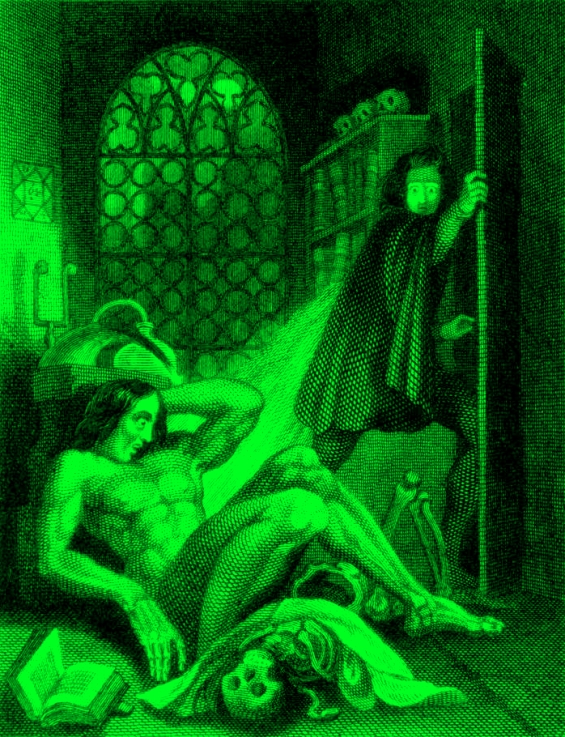
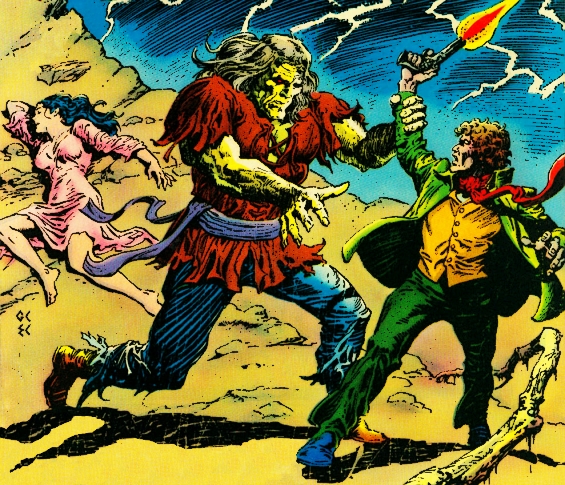

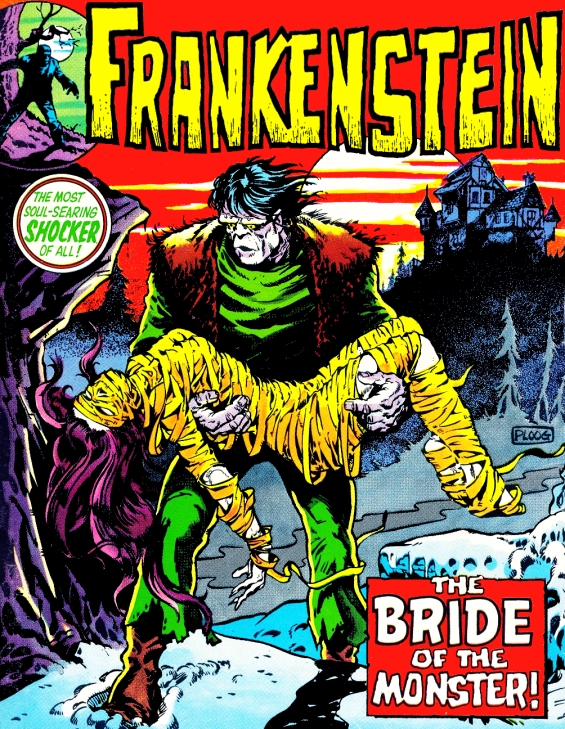
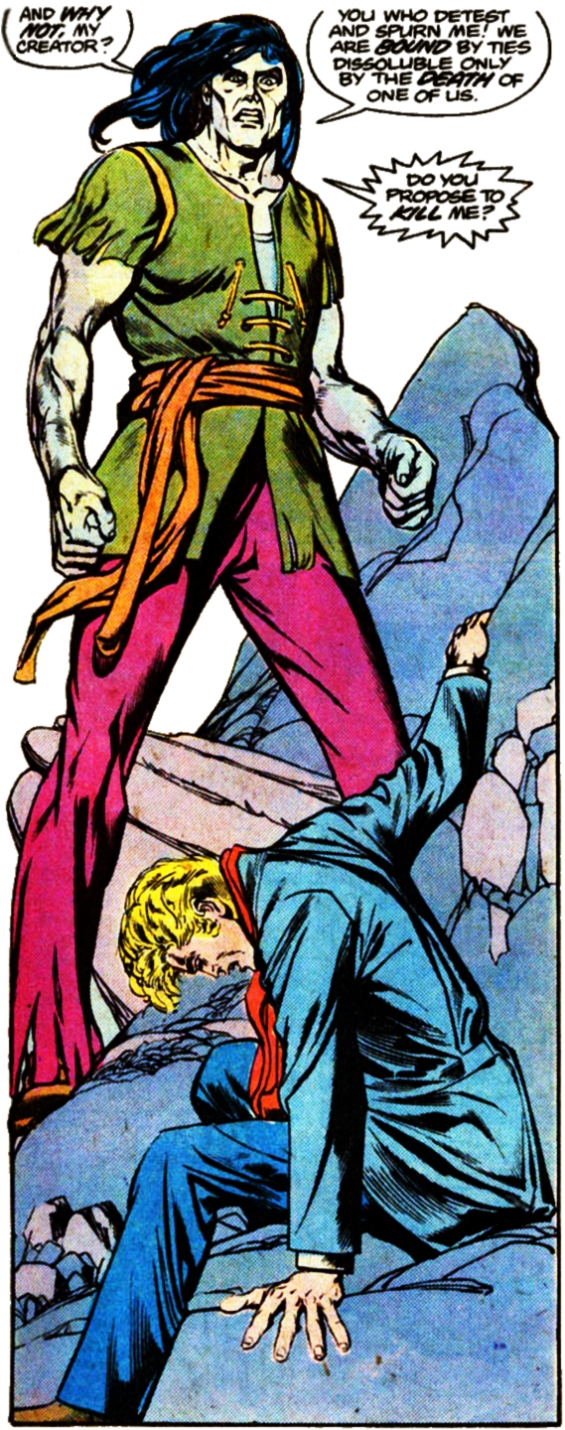
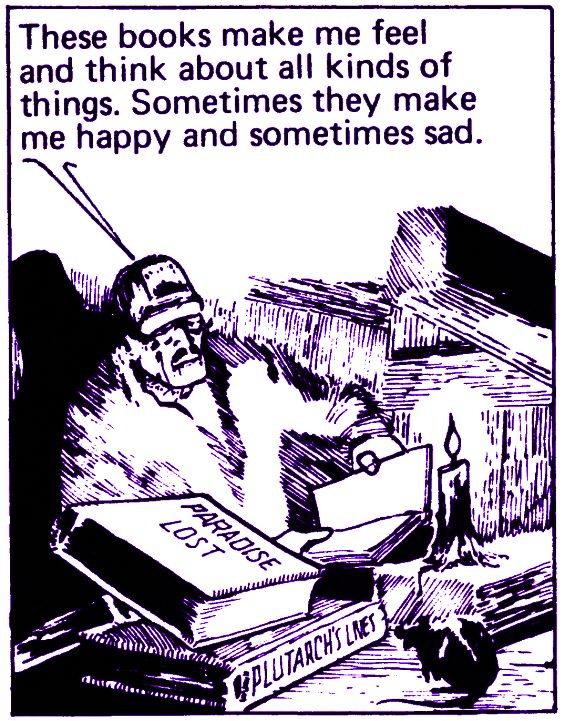
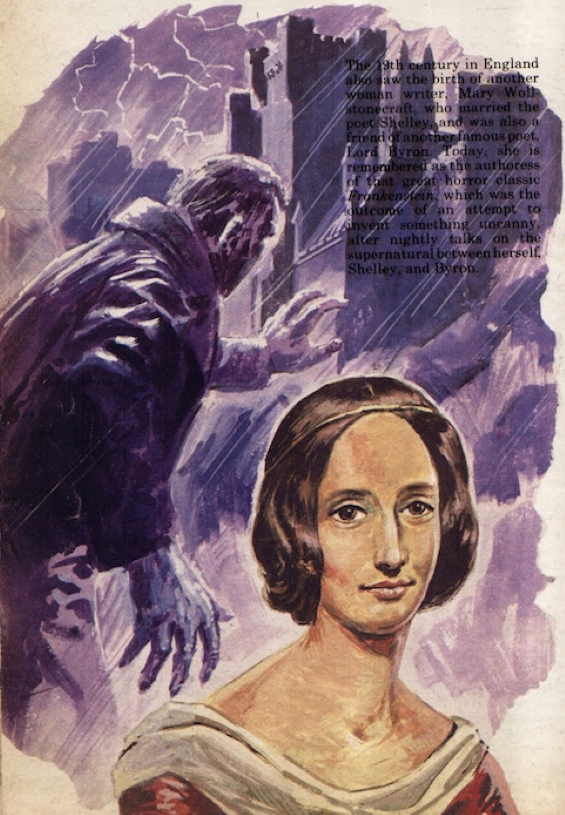


Posted by Jesse Willis


